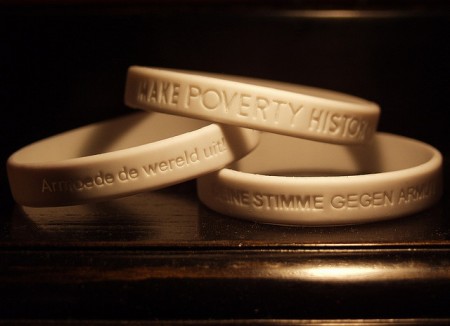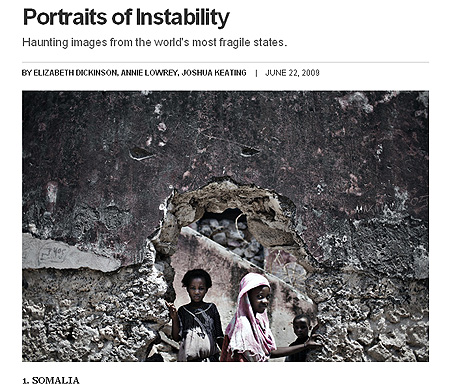
The Fourth United Nations Conference on the Least Developed Countries (LDC-IV) opened its doors on Monday in Istanbul. Before its close on Friday, it aims to approve a new action plan to improve the situation for the world’s least developed countries. As the world’s poorest states are today at risk of falling even further behind, politicians and development experts are calling urgently for more investment and an unhindered access to global markets.
In accordance with the UN General Assembly resolutions and the note of the UN Secretary-General outlining the modalities of the conference, the objectives of the conference are (1) to comprehensively assess the implementation of the 2001 Brussels Program; (2) to share best practices and lessons learnt; (3) to identify new challenges and opportunities for LDCs; and (4) to mobilize additional international support measures and action in favor of the LDCs.
It has now been 40 years since the international community first recognized the category of the Least Developed Countries as a group of states with a distinct set of problems. Today, qualification for the list includes a per-capita annual income of less than $905, assessments of malnutrition, child mortality and education levels, as well as an economic vulnerability rating based on population size, remoteness and instability in exports and production. The category does not include large economies, and the populations of its members must be below 75 million.


